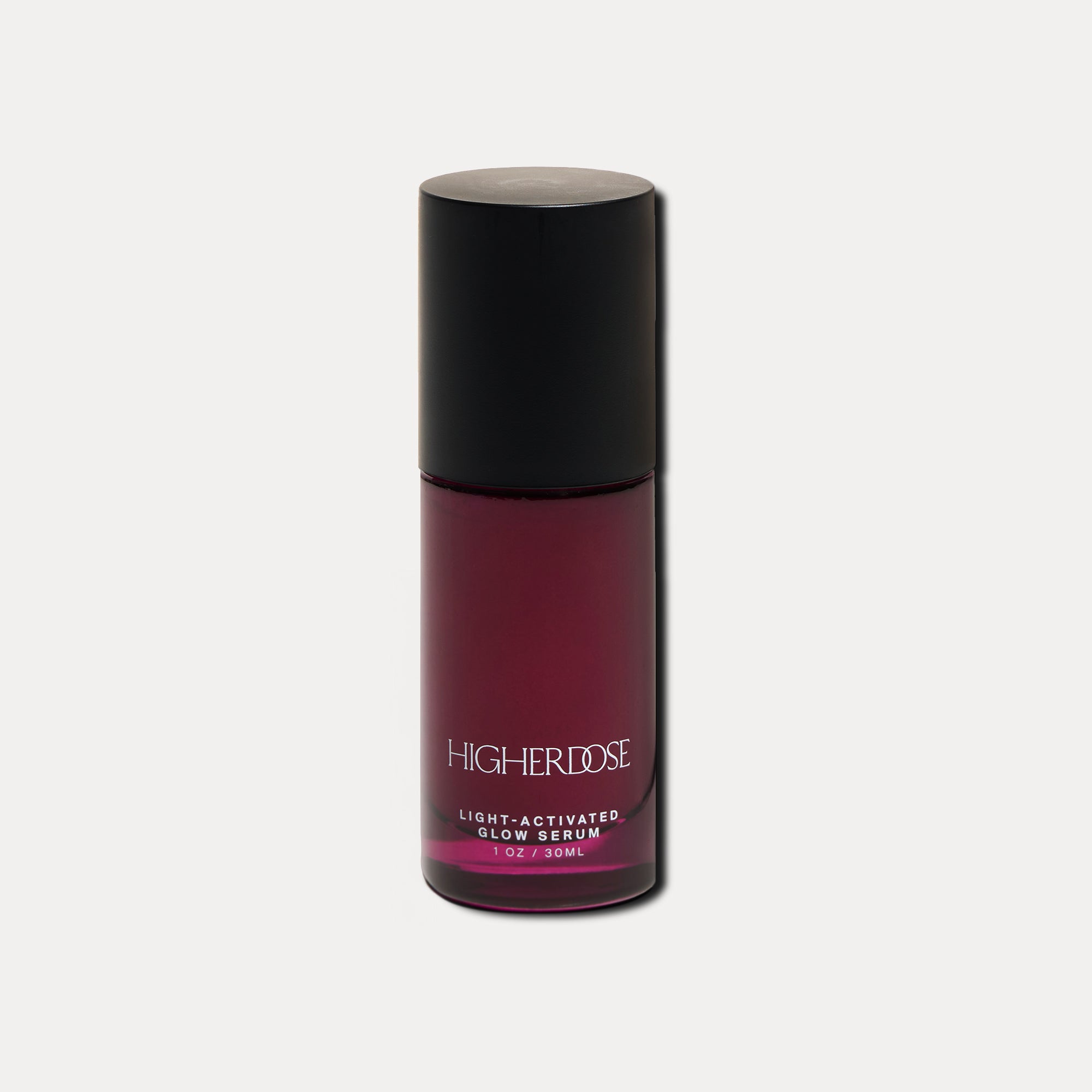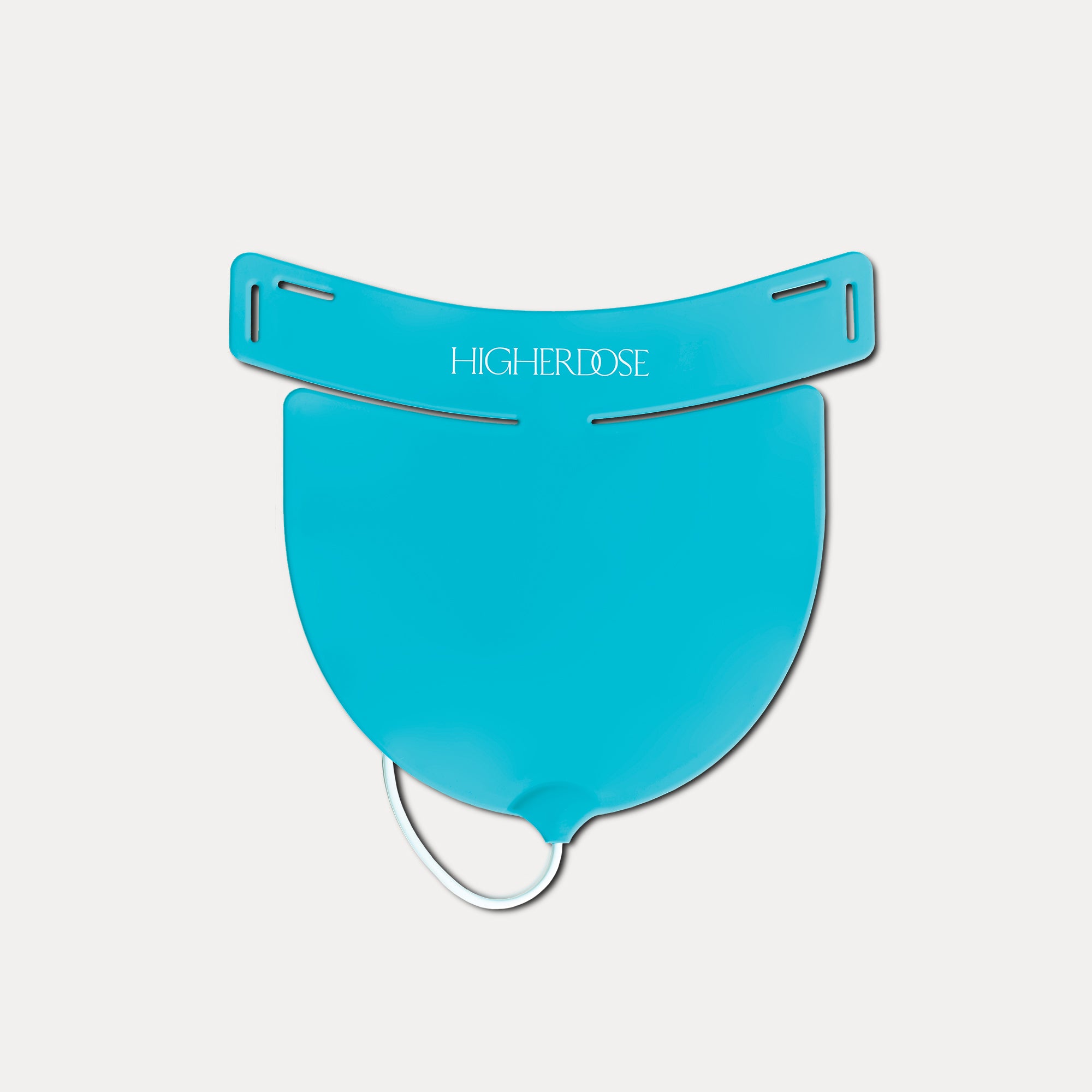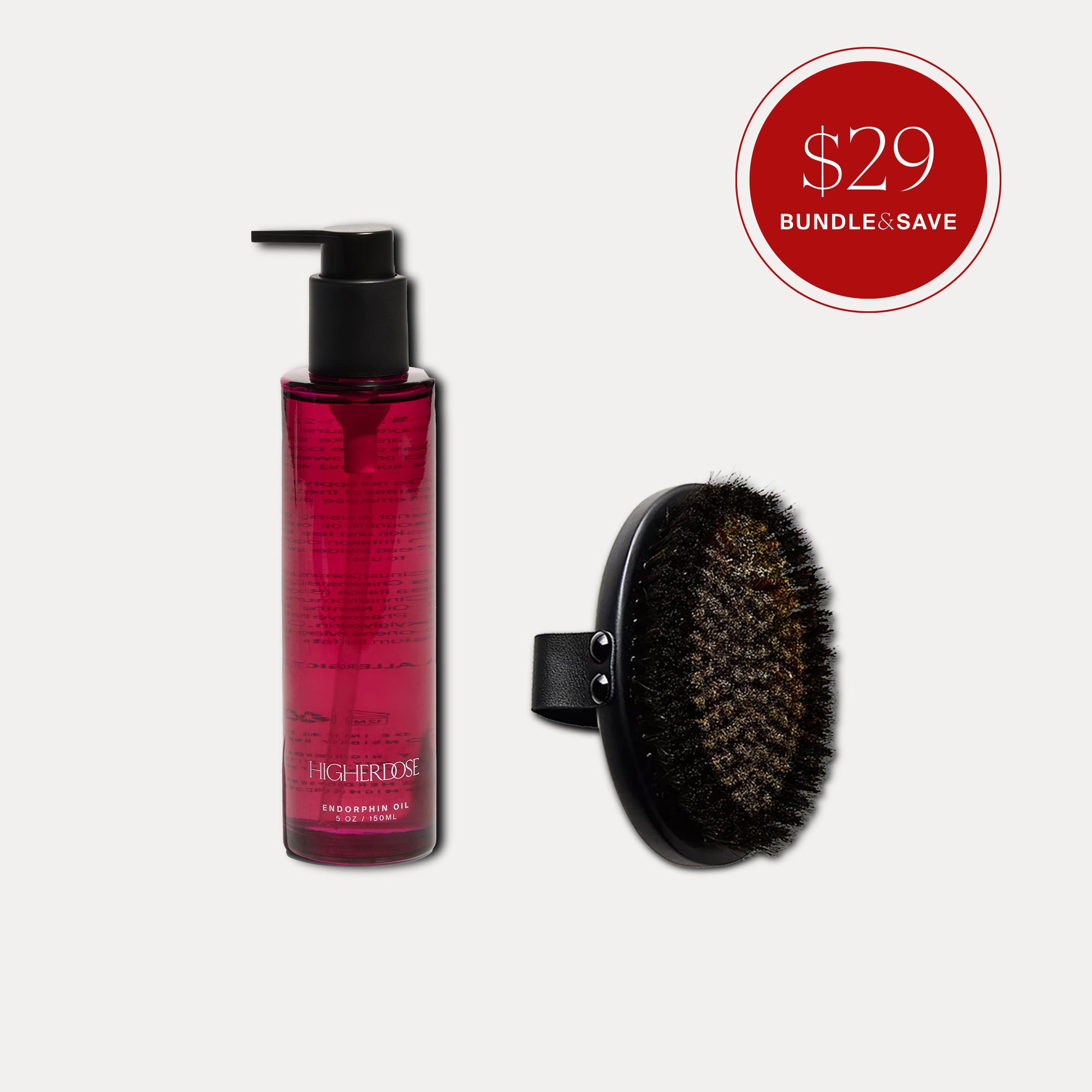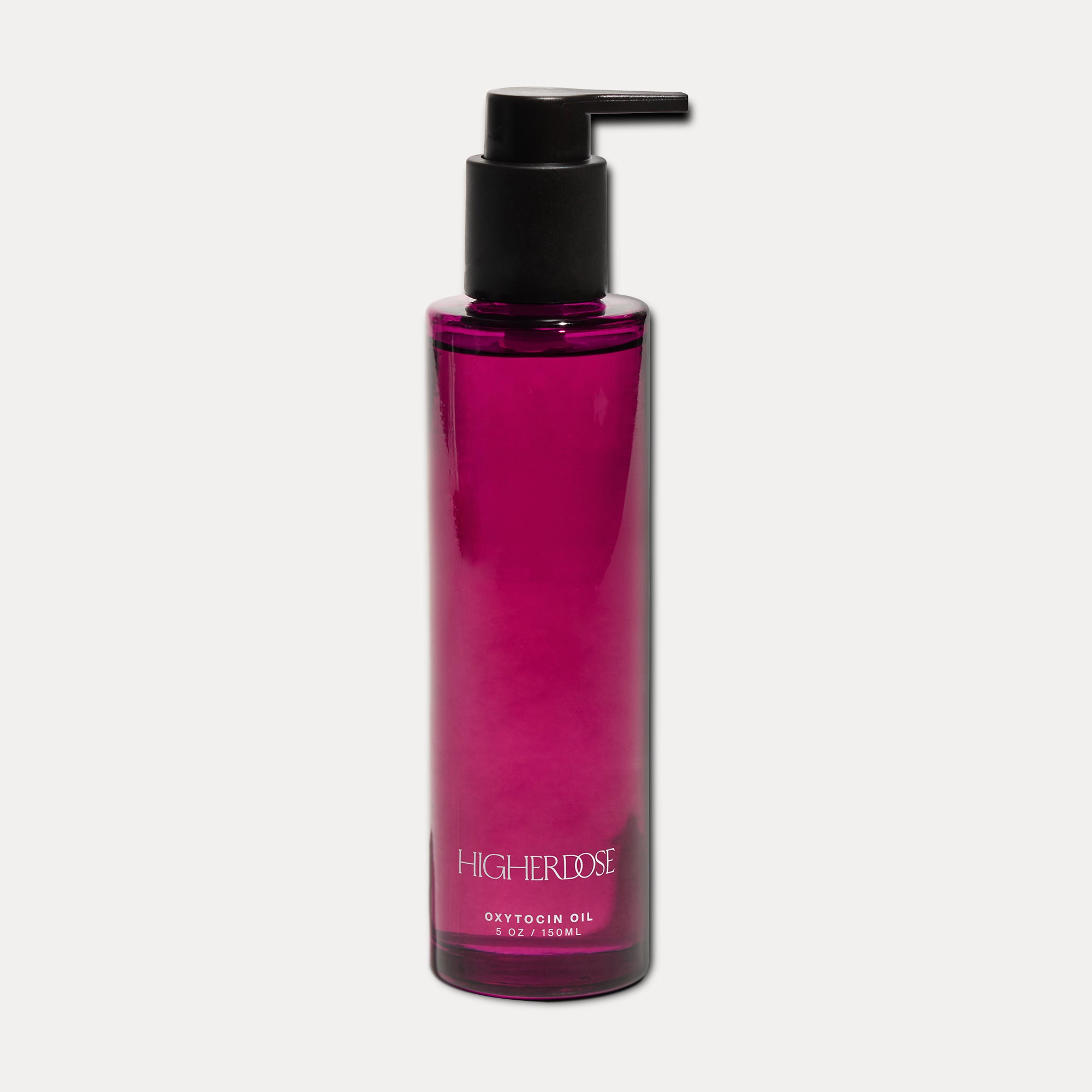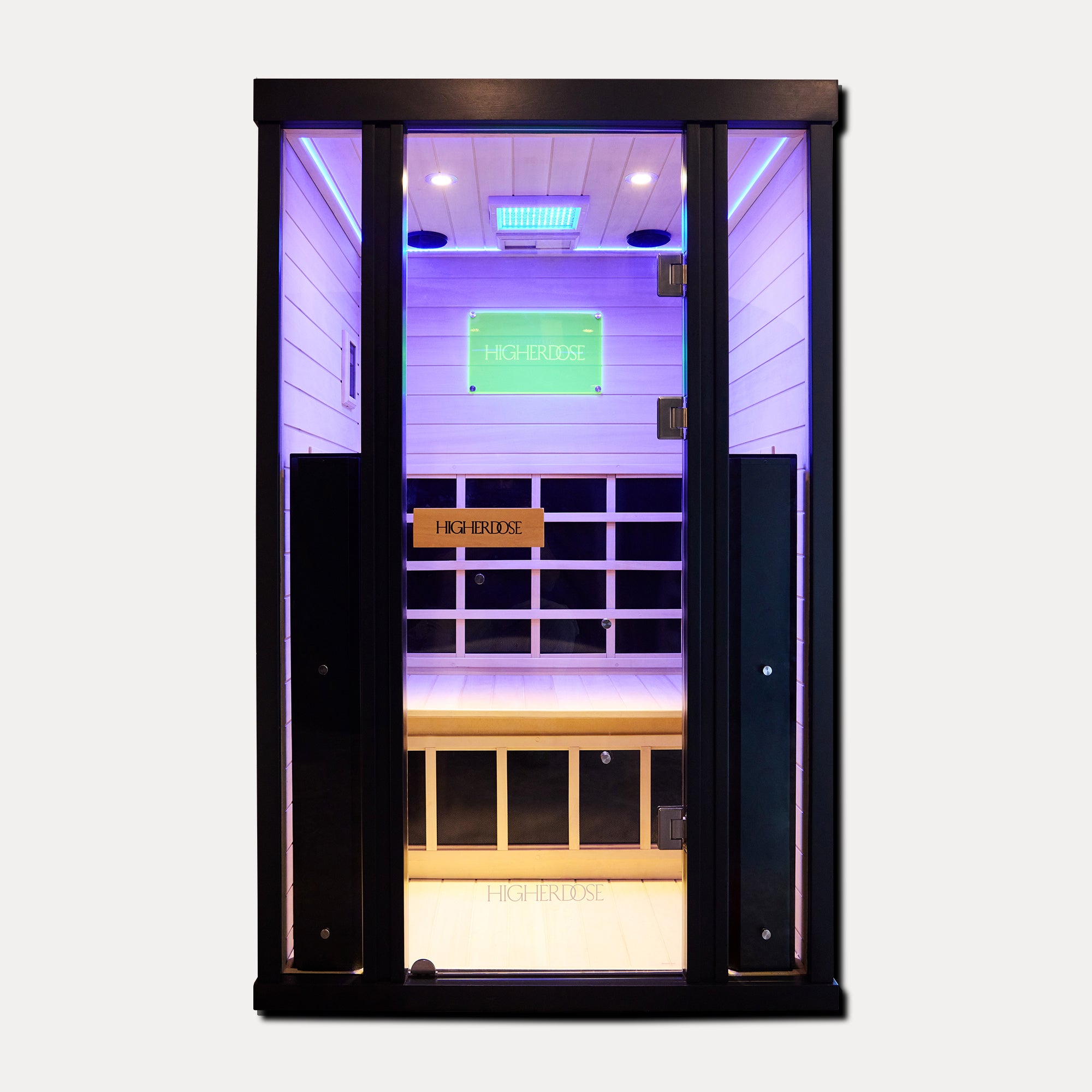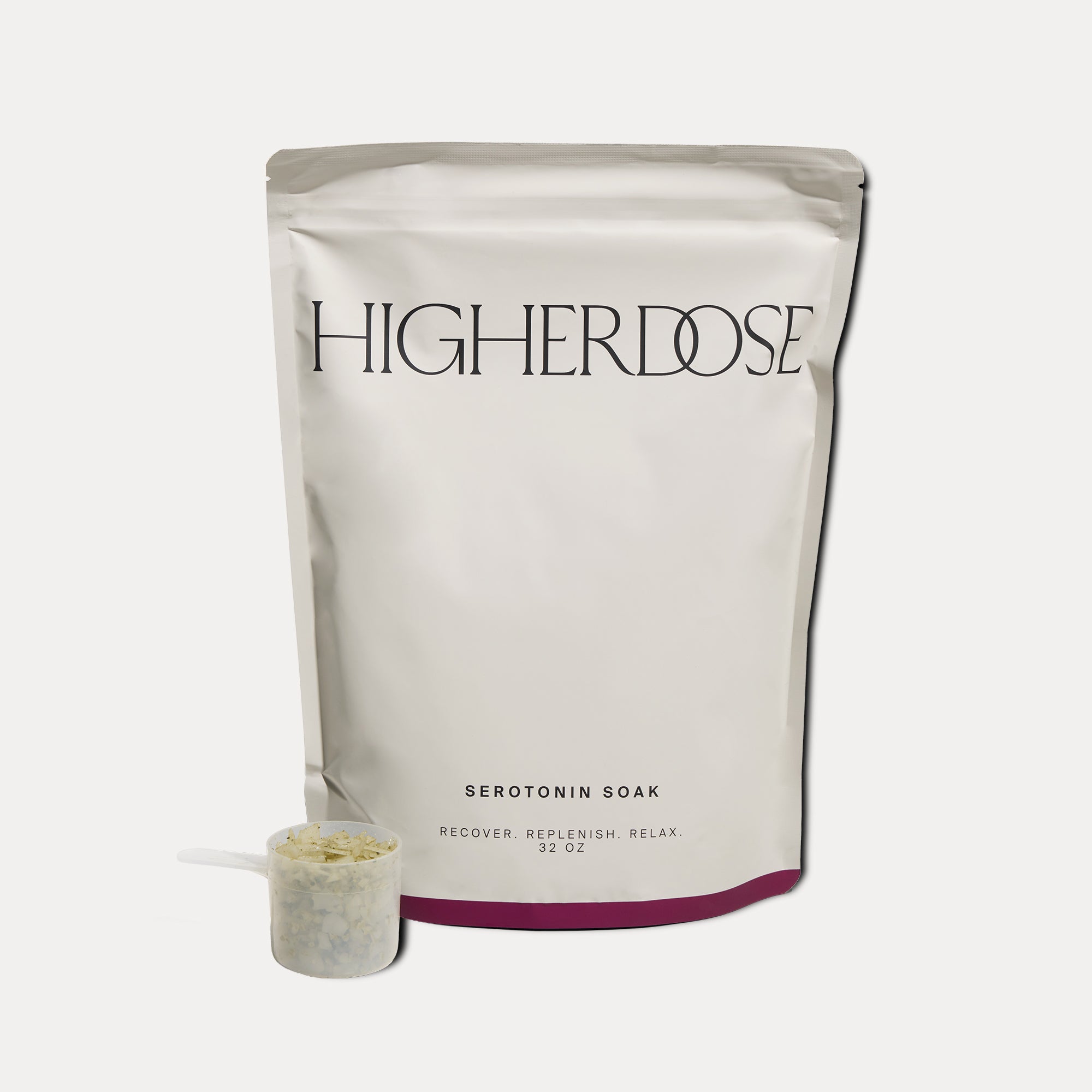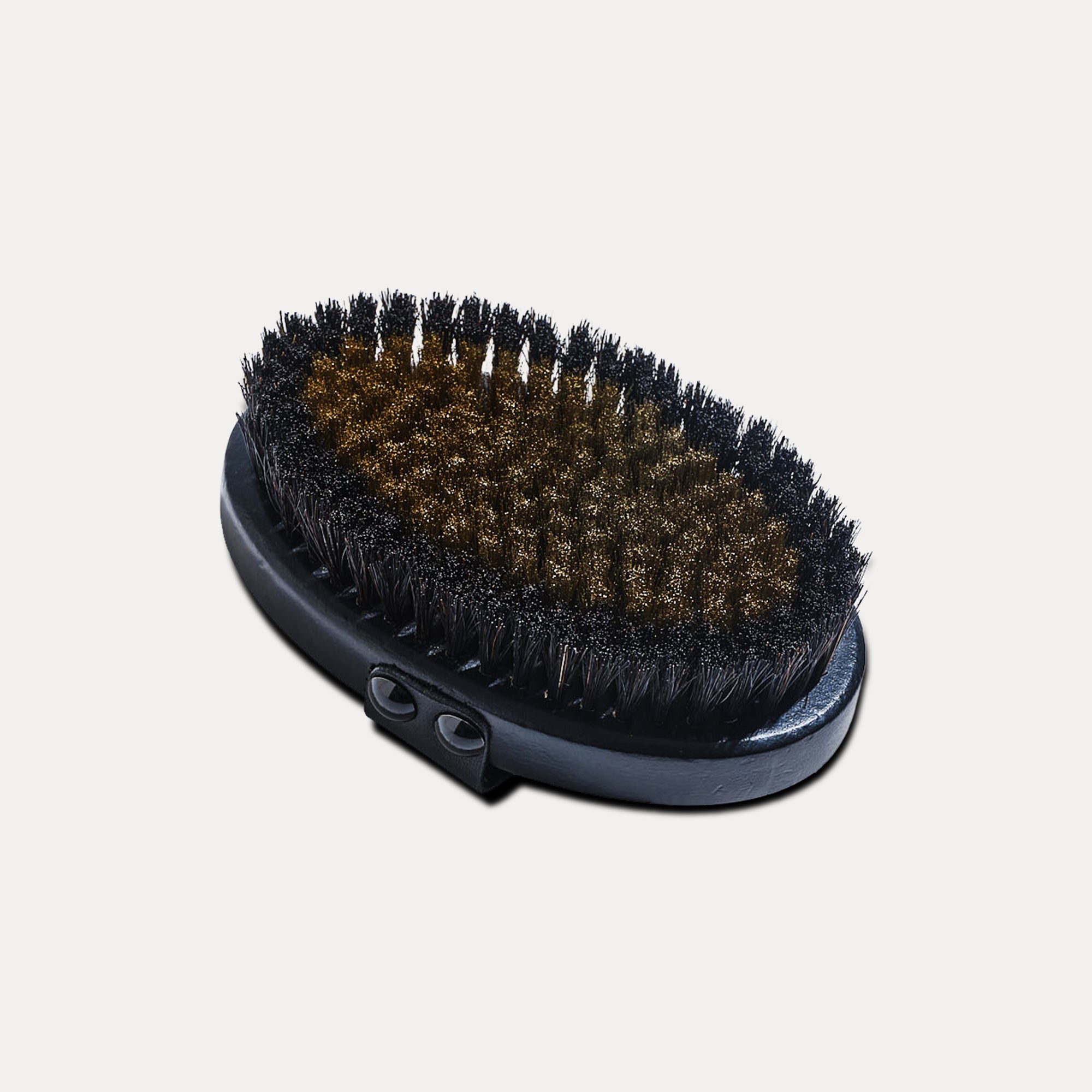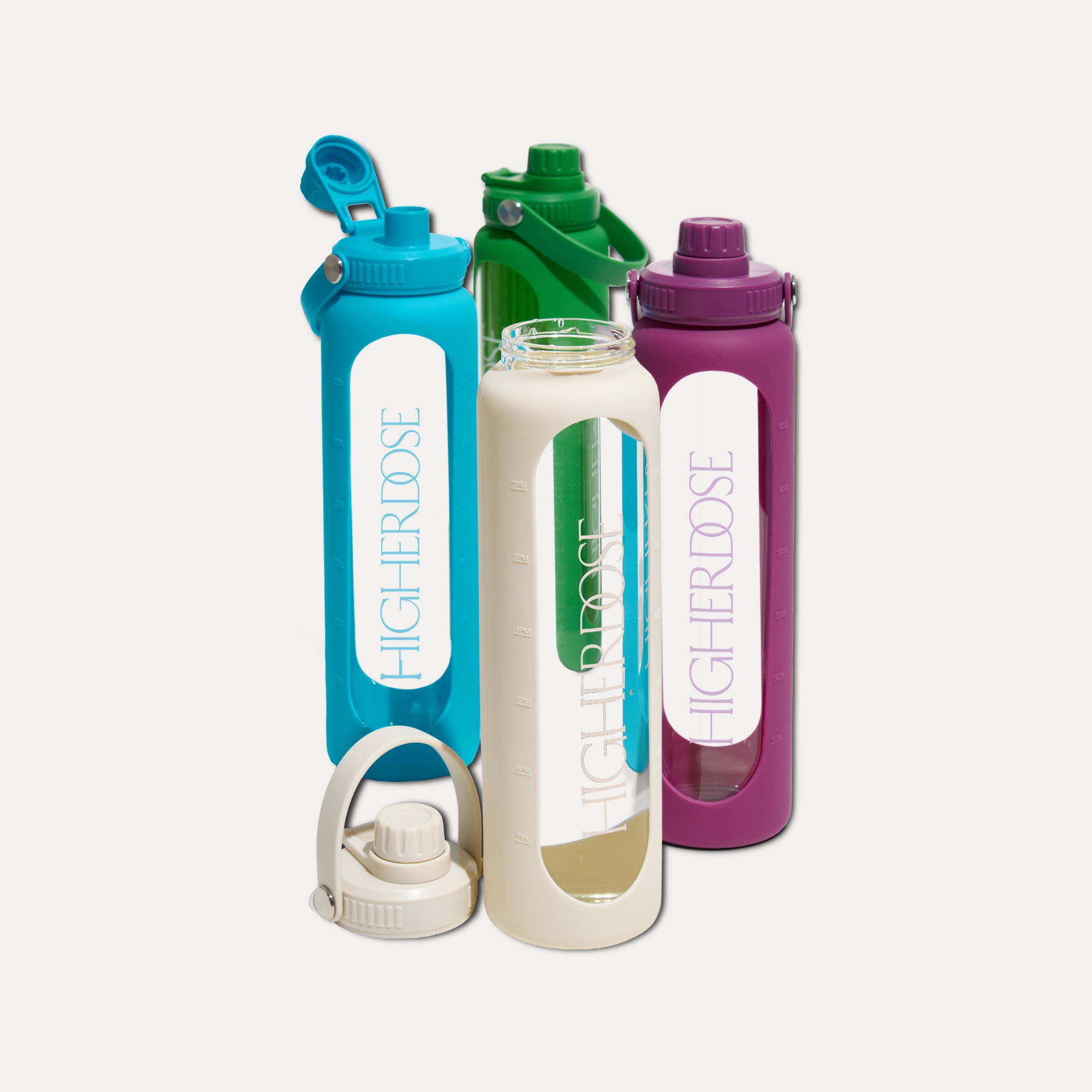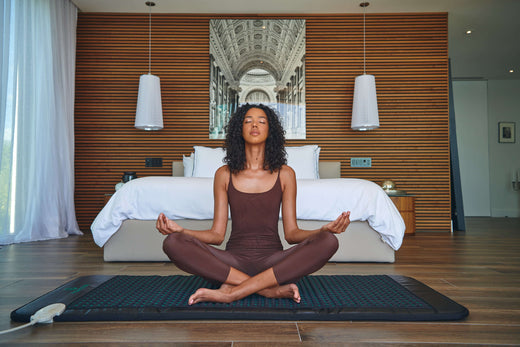
Emotional Wellness: Why is Mindfulness Important
Do more, move faster. These thoughts dominate our consciousness as we go about the business of living. Modern innovations and technological advancements have made us realize the unlimited possibilities of our existence. Regrettably, with this realization comes the pressure to keep up, assume more responsibilities, and add more work hours to our already hectic schedules.
The cost of the hustle? S T R E S S and the whole package of illnesses that come with it. And emotional imbalance is among those with the most significant impact on our overall health. How then can we protect our emotional wellness? Can answering “why is mindfulness important” be helpful?

What is Mindfulness?
We are always in a hurry, constantly rushing about from one activity to another. Yet the problem is, no matter how effective and efficient we are, there will always be unaccomplished tasks. That leaves us on a constant high (adrenaline-wise) while also being anxious over the long list of to-dos that never really runs out. And amidst all this busyness, we lose the joy, the fullness of just being.
Mindfulness is the complete opposite of all that. It is the moment-by-moment awareness of our thoughts and feelings without the pressure of “what's next.” It is being keenly aware of all our senses instinctively responding to all visual, auditory, and physical stimuli accessible to us in the “now.” So, how is all this talk about mindfulness connected to emotional wellbeing?
Why is Mindfulness Important?
Your biological makeup shows an intricate system of interconnectedness between your physical, mental, and emotional aspects. According to the American Heart Association, when you're anxious or stressed, this can reduce blood flow to the heart. At the same time, your body produces more stress hormones, worsening the emotional problems you’re already going through. All these can affect you physically and may even lead to heart failure.
Depression and mental anguish can also lead to an unhealthy lifestyle and lead to other self-defeating behaviors. These can aggravate your physical and emotional conditions, resulting in a looping cycle where one problem feeds off another.
If you are to get a grip on your wellbeing, you need to manage your stress and anxiety. Here is where mindfulness comes into play.
Mindfulness affects the capacity to better deal with thoughts and feelings. Studies show that it creates an "emotion regulation strategy." In fact, evidence points to mindfulness as beneficial in reducing psychological issues.

Developing Mindfulness
Successfully training the mind to arrive at a non-judgmental state where one is free of overpowering emotions does not happen overnight. Yet it is very much doable. Here are some of the ways by which you can attain mindfulness and improve your emotional health.
The Importance of Forgiveness
One cannot pour into a vessel that's already full. To be filled with the joy of just being, you first need to empty your psyche of all that negativity that's been tightly packed in over the years. You'll need to let go of past hurts, as well as the guilt of causing others pain.
When you find it hard to forgive others, it hurts you more than anyone by keeping you trapped in bitterness and resentment. And when you refuse to forgive yourself, neither does it benefit the person you have offended.
Forgiveness is always a choice. If you are the offended, you can make the decision to forgive. If you were the one who caused pain, then ask for forgiveness. Regardless of how other people respond, you are making peace with the person that's the hardest to appease—yourself.
Start your forgiveness journey with baby steps. Practice forgiveness daily. By making the first move in the right direction, you’ll eventually clear up the emotional and mental clutter.

The Power of Meditation
At this point, you may be wondering how meditation can be different from mindfulness. Meditation is the awareness of nothingness, while mindfulness is being filled with the beauty of the moment. No need to be overly technical, though. The point is that, to arrive at a state of restful awareness, you need to be emptied out, cleansed, and then be filled with the here and now.
"Emptying" oneself out can be bolstered by meditation techniques, such as the following:
Look for a quiet place, sit down comfortably, close your eyes, and just let the tranquility envelope you. Let your thoughts just come and go while absorbing the silence. Do this regularly for 15 minutes each day, and you’ll soon be able to subdue your overactive mind.
Another technique is to meditate by journaling. When you pour out your thoughts onto paper, you’re cleansing yourself of your fears and anxieties, liberating yourself from their burden. At the very least, this habit can help you put your worries on pause for the time being.
Mindfulness Exercises
The goal of mindfulness is to keep you focused on the “now” while being effortlessly calm. Begin with these mindfulness exercises as you go about your day-to-day activities:
The Gratitude List. Start your day by writing down at least ten things you are grateful for. Hearing the chirping of the robin outside your window, having that warm blanket to snuggle into, even getting up to live another day—you will not be at a loss for things to be thankful for. Try to keep the list as specific as possible to heighten appreciation.
Stillness Breaks. Use your 5-minute to 15-minute breaks at work to sit quietly and concentrate all of your attention on an object or word. It's normal for your typically flushed mind to wander. When it does, gently bring it back to your original focus.
Earthing. Nature has mighty grounding powers that can help you increase your mindfulness. If you can, try walking barefoot on grass. Feel the sensation of the soft ground and the lush grass on your soles as you walk. Research shows that this mindful practice can reduce overall stress and slows down your heart rate, enabling you to be absorbed in the moment.
Breathwork
Proper breathing can help boost mindfulness. For as little as five minutes a day, you can improve your breathing to relieve stress and anxiety. The most comfortable position for this exercise is lying down.
Deeply inhale through your nostrils for 3 seconds, hold for 2, and exhale through your mouth for 4. Then, focus on your breath alone, on the gentle rise and fall of your chest.
Listen to the rhythm of your breathing. Note how the air that you inhale travels through your nostrils, to your throat, to your chest. Be conscious of where one breath ends and where another begins.
Be aware of your physical tension and invite your body to be at ease. Feel how it is connected to your bed or chair or how the air you breathe reaches your abdomen. Stay in this position for 5 to 7 minutes and do this at least once daily.

Relaxation Therapy
Keeping your attention on the present is challenging when your mind is preoccupied with many concerns. Unwinding can help you manage your stress and anxiety by reducing your heart rate. When one is entirely at ease and serene, they can enter that physical and mental state needed for total mindfulness.
Loosen up and be completely immersed in the present by incorporating relaxation techniques, such as infrared light therapy, into your mindfulness routine. Infrared light therapy can effectively relieve stress through safe low-level infrared light that penetrates into the muscles and tissues, enabling cells to self-repair and regenerate. Infrared light therapy gadgets, such as HigherDOSE’s Infrared Sauna Blanket, can further reduce tension by improving circulation and regulating blood pressure.
The HigherDOSE Infrared Sauna Blanket not only boosts your mood and relaxes your mind, but it also stokes a healthy DOSE of your brain's feel-good chemicals to get you into that state of deep and blissful calm—so you can live in the moment.
For that next-level mindfulness and emotional wellness, check out the Infrared Sauna Blanket and the rest of the HigherDOSE cutting-edge infrared technology line.



